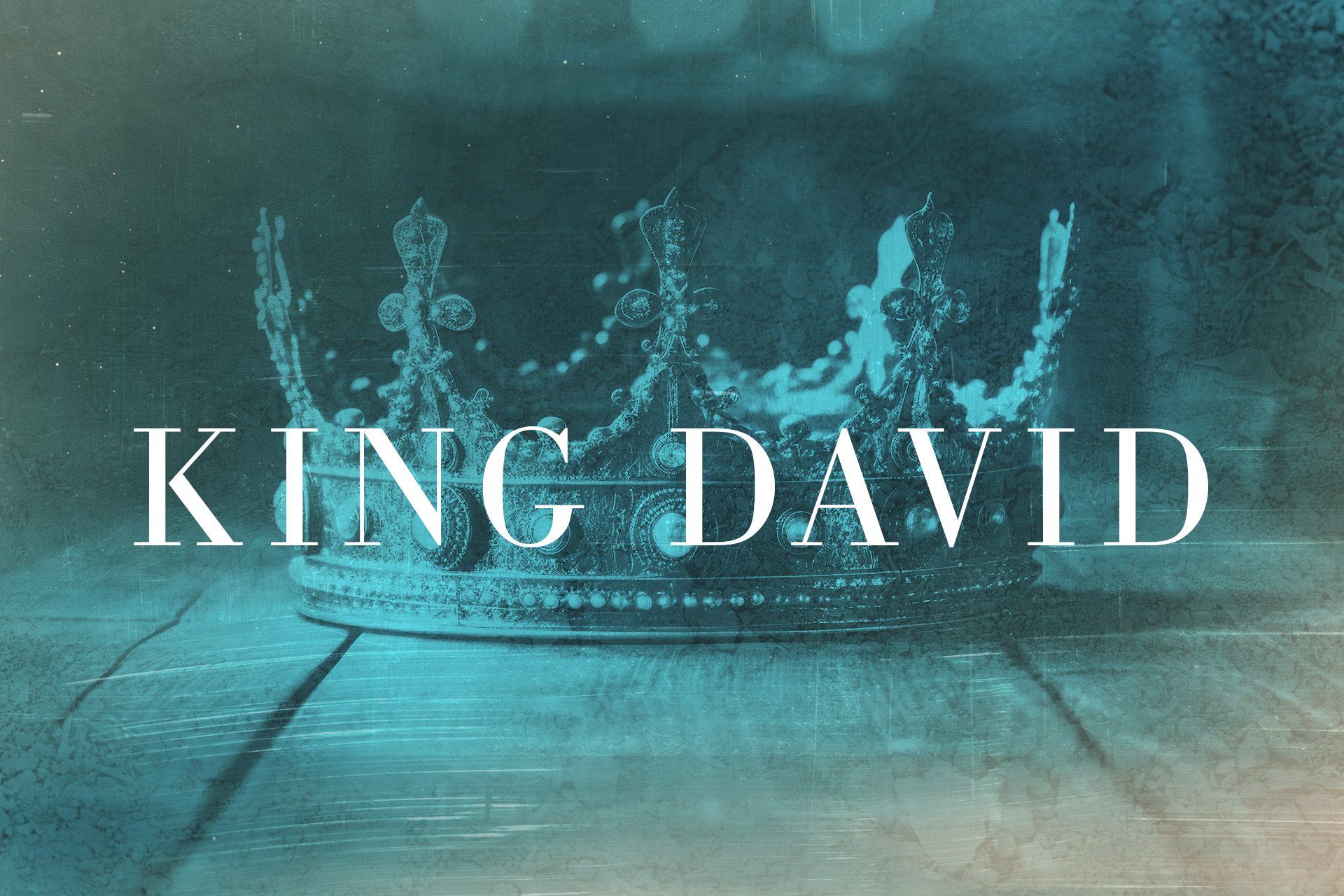
In part three of our summer series, we’re focusing on one of the most well-known figures of the Bible, a shepherd boy turned king who authored many of the Psalms.
Though revered in many respects, King David also found himself deep in sin. Read how his genuine repentance reveals the character of our forgiving God—with Biblical insight from Will Graham.
How will you be remembered?
King David is known as “a man after [God’s] own heart,” (1 Samuel 13:14, ESV), but the Bible is also clear about his grievous sins. Let’s look at one of the darkest moments of David’s life, and how God redeemed it.
While his generals were at war, David stayed behind. While walking on the roof of his palace, he observed Bathsheba, a married woman, bathing one evening. Overcome with lust and wielding his power, he asked for Bathsheba to be brought to him.
When Bathsheba became pregnant, David tried to cover up his sin. He ultimately ordered that her husband, Uriah—a loyal soldier—be sent to the frontlines of war, ensuring his death.
Read the story of David and Bathsheba in 2 Samuel 11–12.
In a devotion on King David, Will Graham described this downward spiral of “adultery, murder, and lies, resulting in death and brokenness.”
“One could be excused for writing off David as a lost cause—someone who wandered so far from God that he was irredeemable,” he wrote. “Thankfully, that’s not the way that God works.”
Through the prophet Nathan, God confronted David with his transgressions.
“Thus says the Lord, the God of Israel, … ‘Why have you despised the word of the Lord, to do what is evil in his sight?’” Nathan asked David (2 Samuel 12:7, 9, ESV).
Convicted by Nathan’s rebuke, David repented, saying, “I have sinned against the Lord” (2 Samuel 12:13, ESV). In His mercy, God spared his life—but didn’t take away the consequences. Nathan informed the king, “Nevertheless, because by this deed you have utterly scorned the Lord, the child who is born to you shall die” (2 Samuel 12:14, ESV).
David fasted and prayed for his new born son for seven days, yet his child passed away.
“Similarly, you may be paying an earthly price for your sins, or the sins of others around you,” Will Graham said.
But we have this good news: “The eternal price of … sin was paid by Jesus’ sacrifice on the cross and His victory over the grave,” Will Graham said. “As you repent of your sin and follow Him as Saviour, there is ‘no condemnation to those who are in Christ Jesus, who do not walk according to the flesh, but according to the Spirit,’” (Romans 8:1, NKJV).
What Does King David’s Story Have to Do With You?
It’s easy to view this story as a lesson on repentance for when we really mess up. However, daily repentance should mark the life of every believer, no matter what we’ve done or failed to do.
“The Bible says that we’ve all sinned and fallen short of God’s righteous perfection (Romans 3:23),” said Will Graham. “The sin in your life likely hasn’t risen to the level of David’s, but—in the scope of eternity—that’s not what matters. The only thing that matters is what you do with the sin.”
Repentance isn’t just saying a quick apology to God out of obligation. The Bible emphasises that it’s so much more: turning away from sin and going in the opposite direction.
“If you choose to embrace [sin] and allow it to hold you captive, you are on a very dangerous path—one that leads to eternal death and separation from God,” said Will Graham.
If we live in a constant state of repentance and humble submission to God, we can walk in freedom through the power of the Holy Spirit, knowing we are redeemed and innocent because of the blood of Christ.
At the end of his life, King David imparted this wisdom to his son, Solomon: “Keep the charge of the Lord your God, walking in his ways and keeping his statutes, his commandments, his rules, and his testimonies, as it is written in the Law of Moses, that you may prosper in all that you do and wherever you turn …” (1 Kings 2:3, ESV).
He had realised through the highs and lows of his reign that God’s ways are always best.
“We know how David’s story ended,” Will Graham said. “What about yours? It’s not too late for you. Repent, turn to Jesus while there is yet time, and know the true hope that can be found in Him alone.”
Go Deeper
Read part one of our summer series on Zacchaeus.
Read part two of our summer series on the woman at the well.
